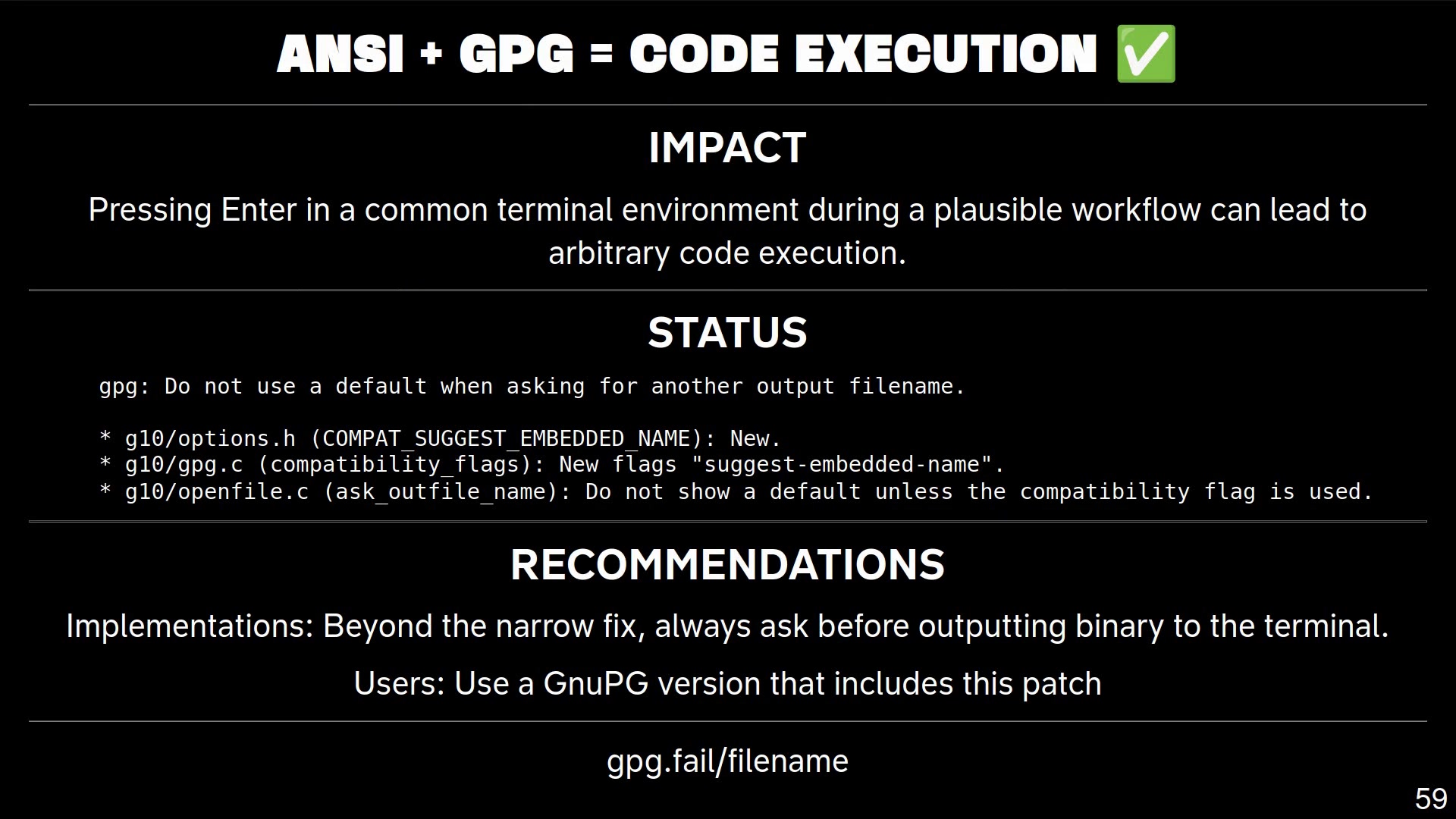- 79 Posts
- 16 Comments
reverse centaur sounds like a bizarre sex position … and maybe it is in a form of a three way with humans, machines & their owners
See also PagedOut vol 7 https://pagedout.institute/download/PagedOut_007.pdf

 1·1 year ago
1·1 year agoAfter threat modelling, consider reading The Diamond Model of Intrusion Analysis to assist in operational incident and control measures, especially to catch APTs.
But regretfully, Peter Eckersley ex Chief Scientist at EFF seemed too invested in browsers being the ultimate hard-wired authority of trust on behalf of browser users when it came to root certificate stores. Not even considering initiatives such as CA-Cert.
much prefer a solution that incorporates DNS TLSA resource records, rather than browser root certificate stores. That’s DANE, mm-ok? ;)

 3·1 year ago
3·1 year ago“A still-underappreciated truism of our moment is that there is great solidarity to be found in refusing a technology.”
see also the Collapsible Systems Wiki featuring a cute tardigrade.
Wark knocks on the door of the situation room in the beach beneath the street
Then there is Tuvalu’s TLD .tv that generates around 8% of the country’s total government revenue. Due to rising sea levels, the pacific atoll nation may not exist much longer.
There is also the double barrelled but still active oz.au domain hierarchy - so good they named it twice! Back in the early Australian Internet days we admin’ed pegasus.oz.au for one of if not the first major national internet access networks in Australia.
There’s also the story of the moribund .gb TLD for Great Britain .
Not a TLD such as .io, but In terms of Internet domain diasappearances, there is the legend that is fuckedgoogle.com, an anonymous economist’s massive click-fraud expose of Google’s business model and practices. The true reason for it’s disappearance is made of legends and conspiriacies. See What Happened to fuckedgoogle.com for a tasty intro to the aftermath.

 1·1 year ago
1·1 year agoPrivileged port is a trust belief system where you believe that the remote system only offers services below port 1024 if they were started with elevated privilege. Author PK Dick once said reality is that which, when you stop believing in it, doesn’t go away.

 1·1 year ago
1·1 year agoI posit that the point of the video is that port changing is an inconvenience non-feature, especially at scale of distributed legitimate use.
been on my shelf for many years. i always thought the listed author’s name was an insider joke nom de plume, because in english, the word “gerrymander” means to redefine electoral boundaries for political advantage.



















To hear more about Internet shutdowns, head over to my TGH podcast episode dedicated to them.